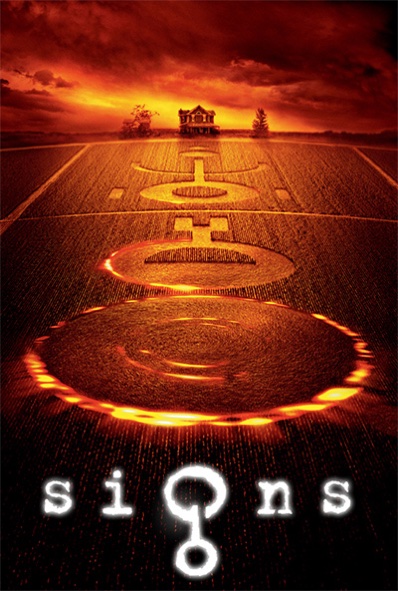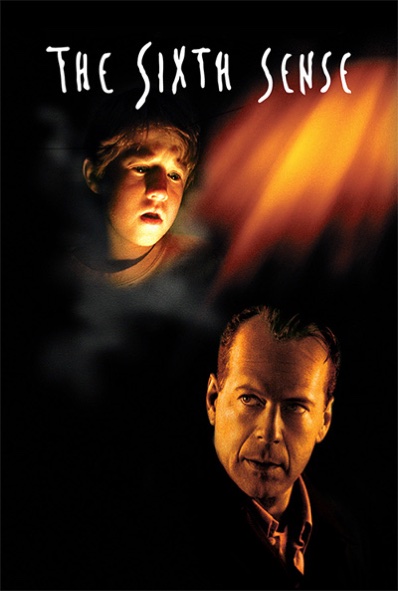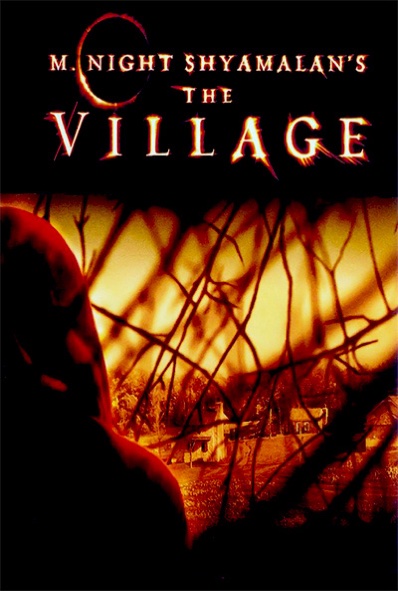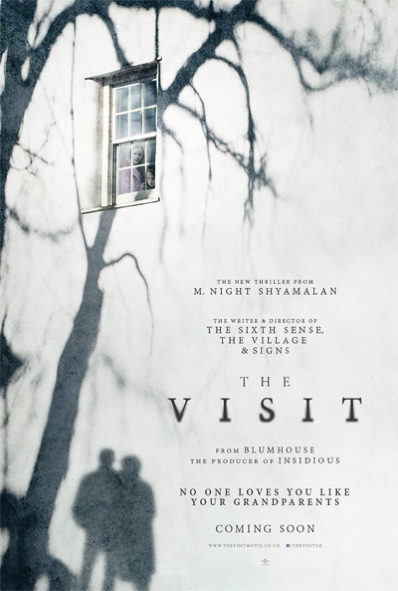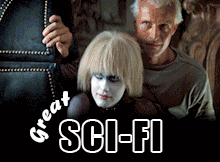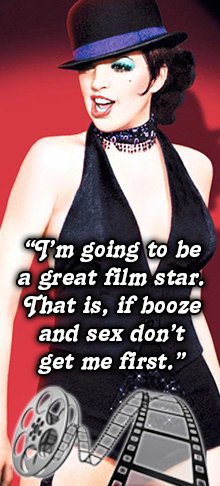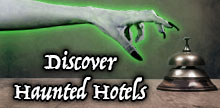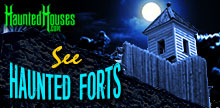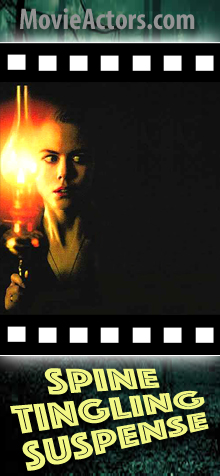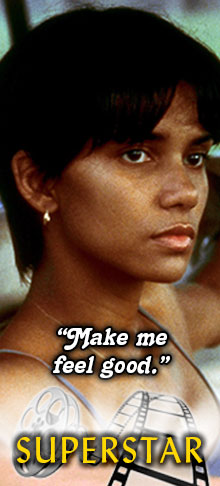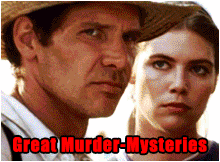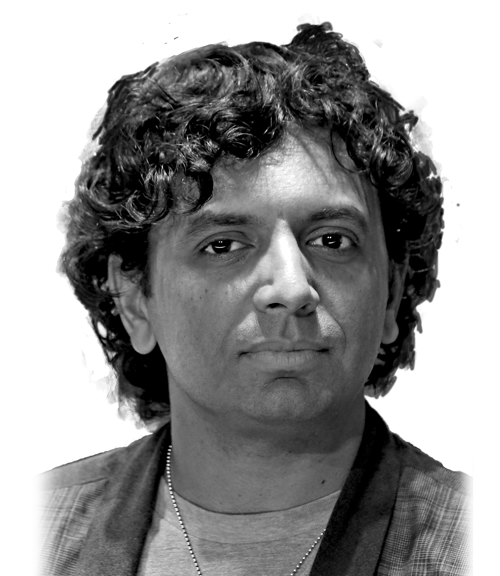
M. Night Shyamalan
Best known for his cinematic thrillers, particularly The Sixth Sense (1999), the superhero thriller Unbreakable (2000), and the science fiction thriller Signs (2002), Shyamalan is also well-known for ending his movies with plot twists, and for setting them in his home city of Philadelphia.
Manoj Shyamalan, known professionally as M. Night Shyamalan, was born on August 6, 1970, in Mahe, Pondicherry in Southwestern India to South Indian parents. His father, Nelliate C. Shyamalan, is a Malayali from Mahé. His mother, Jayalakshmi, is a Tamilian obstetrician and gynecologist by profession. In the 1960s, after medical school (at the Jawaharlal Institute of Postgraduate Medical Education & Research in Pondicherry) and the birth of their first child, Veena, his parents moved to the United States. His mother returned to India to spend the last five months of her second pregnancy at her parents’ home in Chennai.
Shyamalan spent his first six weeks in Puducherry, and then was raised in Penn Valley, Pennsylvania, an affluent suburb of Philadelphia. Shyamalan was raised Hindu. He attended the private Roman Catholic grammar school Waldron Mercy Academy, followed by the Episcopal Academy, a private Episcopal high school located at the time in Merion, Pennsylvania. Shyamalan earned the New York University Merit Scholarship in 1988, and is an alumnus of New York University’s Tisch School of the Arts, in Manhattan, graduating in 1992. It was while studying there that he adopted “Night” as his second name.
Shyamalan had an early desire to be a filmmaker when he was given a Super 8 camera at a young age. Though his father wanted him to follow in the family practice of medicine, his mother encouraged him to follow his passion. By the time he was seventeen, the Steven Spielberg fan had made forty-five home movies. On most DVD releases of his films he has included a scene from one of these childhood movies, which he feels represents his first attempt at the same kind of film.
Shyamalan made his first film, the semi-autobiographical drama Praying with Anger, while still a student at NYU, using money borrowed from family and friends. He wrote and directed his second movie, Wide Awake. His parents were the film’s associate producers. The drama dealt with a ten-year-old Catholic schoolboy (Joseph Cross) who, after the death of his grandfather (Robert Loggia), searches for God. The film’s supporting cast included Dana Delany and Denis Leary as the boy’s parents, as well as Rosie O’Donnell, Julia Stiles, and Camryn Manheim. Wide Awake was filmed in a school Shyamalan attended as a child and earned him 1999 Young Artist Award nominations for Best Drama, and, for Cross, Best Performance.
That same year Shyamalan co-wrote the screenplay for Stuart Little with Greg Brooker. In 2013, he revealed he was the ghostwriter for the 1999 film She’s All That, a teen comedy starring Freddie Prinze Jr. and Rachel Leigh Cook. However, this statement has come into question as the credited screenwriter for the film, R. Lee Fleming Jr., denied Shyamalan’s involvement in a tweet that was later deleted.
Shyamalan gained international recognition when he wrote and directed 1999’s The Sixth Sense, which was a huge commercial success and later nominated for six Academy Awards, including Best Picture, Best Director and Best Original Screenplay.
In July 2000, on The Howard Stern Show, Shyamalan said he had met with Steven Spielberg, a long-time idol of his, and was in early talks to write the script for the fourth Indiana Jones film. After the film fell through, Shyamalan said it was too “tricky” to arrange and “not the right thing” for him to do.
Shyamalan followed The Sixth Sense by writing and directing Unbreakable, released in 2000, which received positive reviews and commercial success.
Shyamalan’s name was linked with the 2001 film Harry Potter and the Sorcerer’s Stone, but it conflicted with the production of Unbreakable. In July 2006, while doing press tours for Lady in the Water, Shyamalan had said he was still interested in directing one of the last two Harry Potter films. “The themes that run through it… the empowering of children, a positive outlook… you name it, it falls in line with my beliefs,” Shyamalan said. “I enjoy the humor in it. When I read the first Harry Potter and was thinking about making it, I had a whole different vibe in my head of it.”
His 2002 film Signs gained both critical and financial success. His follow-up, The Village (2004), received mixed reviews from the critics, but turned out to be a financial success.
After the release of The Village in 2004, Shyamalan had been planning a film adaptation of Yann Martel’s novel Life of Pi with 20th Century Fox, but later backed out so that he could make Lady in the Water. “I love that book. I mean, it’s basically a kid born in the same city as me — it almost felt predestined,” Shyamalan said. “But I was hesitant because the book has kind of a twist ending. And I was concerned that as soon as you put my name on it, everybody would have a different experience. Whereas if someone else did it, it would be much more satisfying, I think. Expectations, you’ve got to be aware of them. I’m wishing them all great luck. I hope they make a beautiful movie.”
Starting in 2006 Shyamalan released a series of movies that were profitable but critically panned: The Lady in the Water (2006), The Happening (2008) and The Last Airbender (2010), based on the Nickelodeon TV series Avatar: The Last Airbender.
In July 2008, Shyamalan helped form a production company called Night Chronicles, through which he would produce, but not direct, one film a year for three years. The first of the three films was Devil, a supernatural thriller directed by siblings John and Drew Dowdle. The script was written by Brian Nelson, based on an original idea from Shyamalan. The movie was about a group of people stuck in an elevator with the devil, and starred Chris Messina. The film was not previewed by critics before its release, eventually receiving mixed reviews. Devil was not a blockbuster hit, but has become a commercial success relative to its budget.
In 2013, Shyamalan directed After Earth, based on a script by Gary Whitta and starring Will Smith and Jaden Smith. It was received poorly by critics, with Rotten Tomatoes giving it a score of 11% based on 180 reviews.
Shyamalan announced in January 2014 that he would be working again with Bruce Willis on a film titled Labor of Love. By November of that year, Universal had picked up rights to a low-budget movie called The Visit that Shyamalan had shot in secret. Universal released it on September 11, 2015.
In 2004, Shyamalan was involved in a media hoax with Sci-Fi Channel, which was eventually uncovered by the press. Sci-Fi claimed in its “documentary” special — The Buried Secret of M. Night Shyamalan, shot on the set of The Village — that Shyamalan was dead for nearly a half-hour while drowned in a frozen pond in a childhood accident, and that upon being rescued he had experiences of communicating with spirits, fueling an obsession with the supernatural.
In truth, Shyamalan developed the hoax with Sci-Fi, going so far as having Sci-Fi staffers sign non-disclosure agreements with a $5 million fine attached and requiring Shyamalan’s office to formally approve each step. Neither the childhood accident nor the supposed rift with the filmmakers ever occurred. The hoax included a nonexistent Sci-Fi publicist, “David Westover”, whose name appeared on press releases regarding the special. Sci-Fi also fed false news stories to the Associated Press and Zap2It, and the New York Post, among others.
After an AP reporter confronted Sci-Fi Channel president Bonnie Hammer at a press conference, Hammer admitted the hoax, saying it was part of a guerrilla marketing campaign to generate pre-release publicity for The Village.
Shyamalan married Bhavna Vaswani, a fellow student whom he met at New York University. The couple has three daughters. His production company, Blinding Edge Pictures, is located in Berwyn, Pennsylvania.
M. Night Shyamalan’s directing credits include…
| Year | Movie |
|---|---|
| 1992 | Praying with Anger |
| 1998 | Wide Awake |
| 1999 | The Sixth Sense |
| 2000 | Unbreakable |
| 2002 | Signs |
| 2004 | The Village |
| 2006 | Lady in the Water |
| 2008 | The Happening |
| 2010 | The Last Airbender |
| 2013 | After Earth |
| 2015 | The Visit |
| 2016 | Split |
Memorable Quotes by M. Night Shyamalan
“Movie making is not like other art forms, like painting, or writing a novel, because that can be digested or interpreted… It takes two years to make each one of these, and it’s always judged on money.”
“All of my movies have made money, and that’s important for me — it’s my job to make money for the studio…”
“I think I take what you might call a B-movie story, deal with B-movie subjects, and I treat it as if it’s an A-movie in terms of my approach, my crew, my actors, my ethics and so on. I guess that’s my trademark or one of them anyway!”
“I’m going to stop making movies if they end the cinema experience. If there’s a last film that’s released only theatrically, it’ll have my name on it. This is life or death to me. If you tell audiences there’s no difference between a theatrical experience and a DVD, then that’s it, game’s over, and that whole art form is going to go away slowly.”
“You get in my corner, you’re going to get pummeled.”
[His advice to younger filmmakers] “Work on your authenticity, your own voice. It’s true for everything, not just movie-making. Know yourself. Hone your point of view with the people you’re around and the experiences you have. Be attentive. A rich, specific and unusual point of view is going to be very successful in any film.”
Things You May Not Know About M. Night Shyamalan
Shyamalan lives in Wayne, Pennsylvania, part of the affluent “Main Line” suburban region of Philadelphia.
One of the first scripts he sold was called “Labor of Love” about a man who walks across country to prove his love for his recently deceased wife.
His three supernatural thrillers, The Sixth Sense (1999), Unbreakable (2000), and Signs (2002), have grossed over $1.3 billion worldwide.
In his office he keeps posters from three of his favorite movies: Raiders of the Lost Ark (1981), The Exorcist (1973), and Die Hard (1988).
He has worked with two Academy Award-nominated child actors. He directed the first one to a nomination — Haley Joel Osment in The Sixth Sense (1999) — and then helped introduce the second, Abigail Breslin in Signs (2002) prior to her nomination for Little Miss Sunshine (2006).
He maintains his offices and screening room in a converted barn in suburban Philadelphia.






